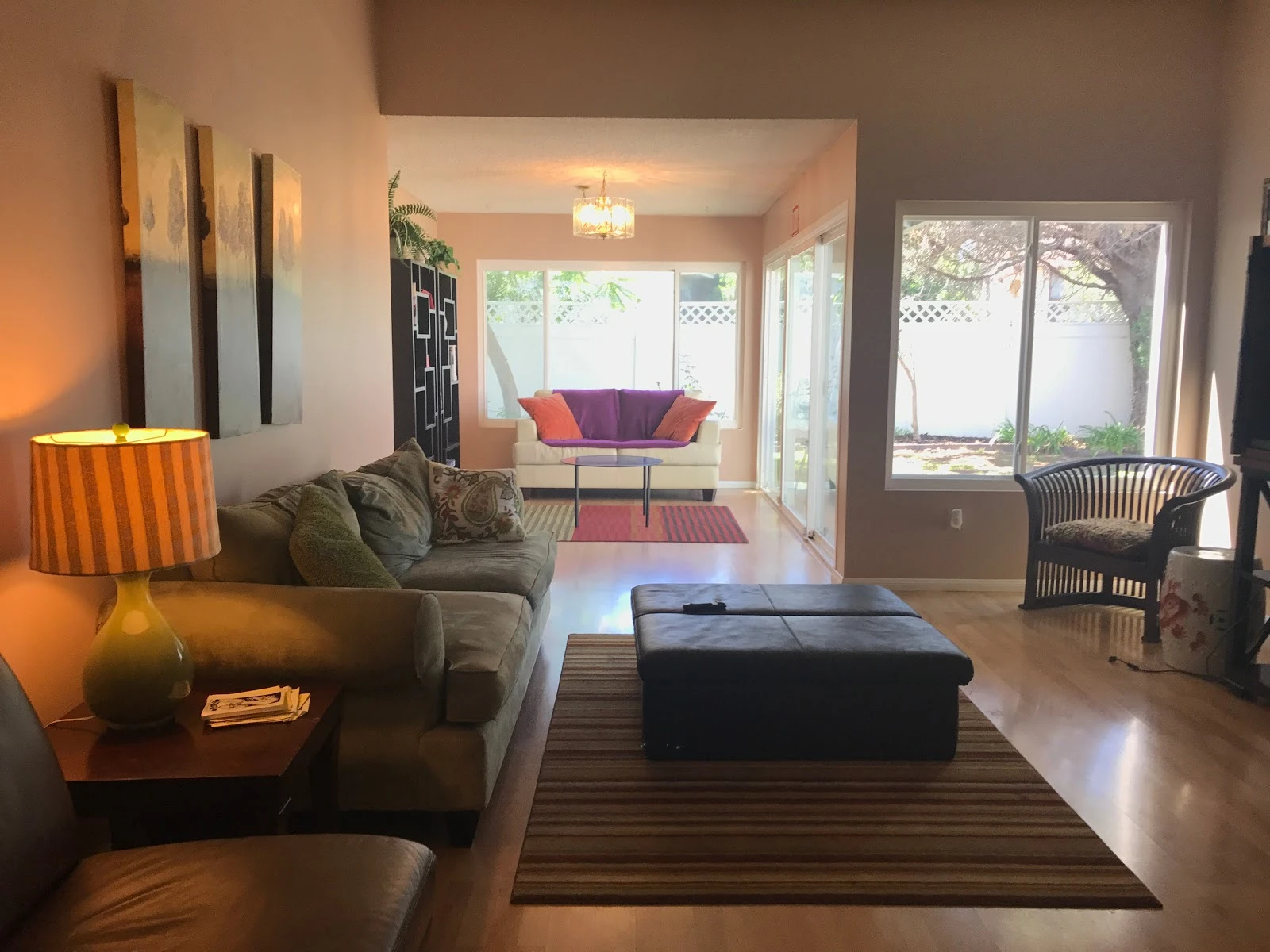Alta Mira Recovery Programs, located in Sausalito, California, is a premier addiction treatment center offering comprehensive care for adults struggling with drug and alcohol addictions. The center is renowned for its sophisticated approach to treating substance use disorders and complex co-occurring mental health issues. Situated in a luxurious setting with breathtaking views of the San Francisco harbor, Alta Mira provides an environment designed to promote healing and recovery.
The residential care program at Alta Mira lasts for 90 days and is tailored to meet the unique needs of each individual. During this time, clients engage in a variety of therapeutic activities, including trauma and grief counseling, daily group sessions, and experiential therapies. These therapies are designed to promote both physical and emotional well-being and can include activities such as kayaking, rope climbing, ziplining, hiking, and fitness workouts. Additionally, clients have access to acupuncture and equine therapy, offering a holistic approach to recovery. The program also incorporates enrollment in 12-Step programs, ensuring a comprehensive path to sobriety. Participants can also enjoy nature and tourist excursions, enhancing their recovery experience in the beautiful Bay Area setting.
Alta Mira’s facility is designed to provide a comfortable and luxurious environment for recovery. The center features private suites for detox and withdrawal, double occupancy rooms, a full kitchen, a fitness center, and private baths. The rooftop view of San Francisco harbor further enhances the serene atmosphere, making it an ideal place for healing.
A key component of Alta Mira’s approach to recovery is the inclusion of family in the treatment process. The family program spans three days and provides intensive counseling and educational classes designed to help family members understand the impact of addiction on their loved ones and themselves. This program aims to strengthen family relationships and support the client's recovery journey.
Upon completion of the residential program, clients can continue their recovery through Alta Mira’s robust alumni program. This program offers ongoing support through weekly meetups, quarterly and annual events, and regular check-ins with care coordinators. The center remains committed to supporting its graduates as they maintain their sobriety and continue their journey toward a healthier life.
Alta Mira Recovery Programs is accredited by the Joint Commission, verified by LegitScript in November 2019, and is a member of the National Association of Addiction Treatment Providers (NAATP). The center is also licensed by the state of California, ensuring that clients receive the highest standard of care in their recovery journey.
Alta Mira Recovery Programs Information
Treatment
Who We Treat
- Male and Female
- LGBTQ+
Treatment Focus
- Co-Occurring Disorders
- Drug Addiction
- Experiential Therapy
- Family Therapy
- Holistic
Approaches
- Personalized Treatment
- Family Involvement
- Couples Counseling
- Holistic
- Experiential
- Cognitive Behavioral Therapy (CBT)
- 1-on-1 Counseling
- Equine Therapy
- Meditation & Mindfulness
- Eye Movement Therapy (EMDR)
Conditions We Treat
- Depression
- Anxiety
- Bipolar Disorder
- Post Traumatic Stress Disorder (PTSD)
- Personality Disorder
- Trauma
- Codependency
- ADHD/ADD
- Personality Disorders
- Anger
- Bipolar
- Co-Occurring Disorders
Substances We Treat
- Alcohol
- Benzodiazepines
- Chronic Relapse
- Heroin
- Cocaine
- MDMA/Ecstasy
- Ecstasy
- Marijuana/Cannabis
Languages
- English
Aftercare
- Intensive Outpatient Program
- Outpatient Treatment
- Aftercare App
- Support Meetings
- Return Visits
- Alumni Events & Get-Togethers
- Alumni Reunions
Level of Care
- Outpatient
- Intensive Outpatient Program (IOP)
- Outpatient Detox
- Detox
- Residential Rehab
- Co-Occurring Mental Health
Experience
On-Site Amenities
- Access to Nature
- Fitness Center
- Gardens
- Gourmet Dining
- Chef-prepared Meals
- Outdoor Dining
- Outdoor Lounge
- Luxury
Personal Amenities
- Air-Conditioned Rooms
- Bathroom Essentials (towels
- soap
- Private or Shared Rooms
- Snacks
Off-Site Activities
- Rock Climbing
- AA/NA Meetings
- Adventure Outings
- Hiking
- Ropes Course
- Sightseeing
- Water Activities
- Alternative Support Meetings
Special Considerations
- Pet Friendly
- Bring Own Pet
- Family Program
- Dietary Accommodations
- COVID-19 Measures
- Clients can bring their own pet(s)
Accreditations
-
State department of health
State Licenses, issued by government agencies, authorize rehabilitation organizations to legally operate within designated geographical areas. The specific licenses required for operation are typically determined by both the nature of the rehabilitation program provided by the facility and its physical location.

-
NAATP
The NAATP accreditation is a recognized certification for addiction and behavioral health facilities. This accreditation serves as a validation of a center's commitment to maintaining high standards in the field. It signifies that the facility has met specific criteria and requirements set by NAATP, ensuring that individuals seeking addiction and behavioral health services can expect a level of quality and professionalism in their care. NAATP accreditation is a notable benchmark for facilities striving to provide effective and ethical treatment within this critical healthcare sector.

-
LegitScript
The LegitScript Accreditation signifies an organization's commitment to ethical and high-quality care in the field of addiction treatment and behavioral health. This accreditation allows treatment providers to be included in Google's network, ensuring compliance with HIPAA privacy regulations.

-
The Joint Commission
The Joint Commission, previously known as JCAHO, is a nonprofit organization that accredits rehabilitation organizations and programs. Established in 1951, its mission is to enhance the quality of patient care and showcase excellence in healthcare delivery.

Additional Locations
Find the best treatment options. Call our free and confidential helpline today!















